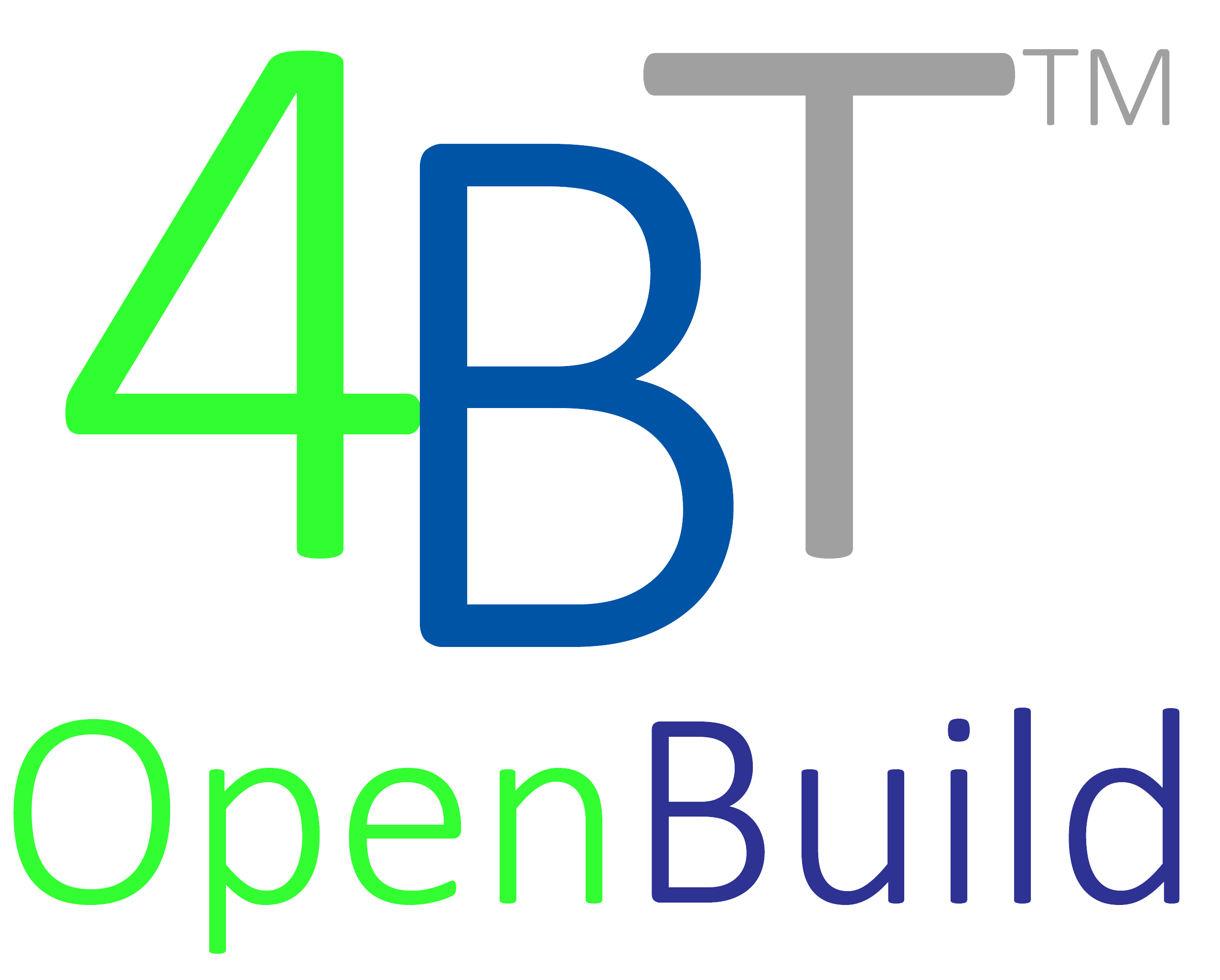THE DO’S AND DON’TS OF JOB ORDER CONTRACTS / CONTRACTING – JOC
Job Order Contracting is a proven LEAN collaborative construction delivery method that is capable of delivering over 90% of construction projects on-time, on-budget, at the required quality level, and to the satisfaction of all parties involved.
Design-bid-build, design-build, CM@R can’t match this level of productivity or success. The only other method that is comparable, Integrated Project Delivery. IPD, targets major new construction. Job Order Contracting is designed specifically for renovation, repair, maintenance, sustainability, and minor new construction.
That said, Job Order Contracting must be implemented and managed appropriately. Here’s a short list of Do’s and Don’ts:
DO:
Focus upon OUTCOMES.
As an Owner / Owner’s representative… UNDERSTAND and become COMPETENT in JOC, continue to LEARN, and have direct involvement in JOC PROJECTS & JOC PROCESSES.
Allow adequate time for the JOC process to become a key part of the organization, it’s a culture change.
Remember that JOC is NOT FOR EVERYONE.
As an Owner, know that Contractors invest a lot of front end effort. Respect them.
Adhere to the JOC Contract and its dollar limits.
As an Owner, assure there is a written JOC Execution plan or JOC Operations Manual as a part of the signed contract.
Know all aspects of the JOC Execution Plan / JOC Operations Manual.
Build your knowledge of line item estimating with the JOC Unit Price Book.
Use the same specifications for your projects as your organization would otherwise, a JOC-specific set of specifications in NOT required. You aren’t changing your construction requirements, just improving efficiency/productivity.
Check the accuracy of each Job Order / Task Order proposal and throughout the project.
Verify line items, quantities, and coefficient(s) of internal Owner estimates and Contractor estimates.
Maintain a limit of nonpre-priced line items. NPP (line items not in the UPB) to less than or equal to 10% total project value.
Apply the appropriate coefficient to the total of the unit line item prices.
Update the UPB annually and apply a quarterly economic adjustment factor.
Localize the UPB via a location factor, localized pricing as needed, and local labor costs.
Follow Job Order Contract requirements with respect to bonding and overhead related costs.
As an Owner, compare internal Owner estimates to Contractor Estimates for all estimates, or estimates over an established dollar threshold (i.e. $150,000). At a minimum, review all Contractor estimates in detail.
As an Owner, negotiate openly and fairly with the Contractor on individual JOC projects / task orders.
Expect excellent and timely execution of JOC work.
Enable Contractor to earn a reasonable profit.
Remember JOC is a long term relationships between Owners and Contractors.
Participate in regular training (at least annually, including introductory and advance levels).
Establish and monitor Key Performance Indicators, KPI’s.
DON’T:
As an Owner, JOC as a method to “bypass procurement”, or approve projects that others wise would not be approved.
As an Owner, pay a fee to a third party administrator or JOC management firm to manage your JOC program that is tied to construction value. This represents a clear conflict of interest and presents a potential for fraud.
As an Owner, Bid approved JOC Contractors against each other (i.e. don’t engage in “bid shopping”.)
Use”open book”, or “street pricing”. (If non-prepriced line items are required, limit them to values per the JOC contract, and obtain a minimum of three quotes for the items/work.)
Allow misuse of the JOC process, Unit Price Guide, or established JOC process.
Allow non-normal co-efficients for can be completed during normal working hours.
Use JOC unit price books that are not transparent, and/or developed by a consultant or third party that has management responsibility for the JOC program.
Assume a JOC is for everyone. JOC requires competency, leadership, collaboration, mutual trust/respect, and shared risk/reward.
There are no “secrets” to Job Order Contracts or Job Order Contracting… just competency, transparency, common definitions/terms/data, mutual trust & respect, and shared risk/reward.
The above is based the experiences of hundreds of owners and thousands of contractors who have worked with JOC, existing JOC research, and information shared by JOC professionals with decades of experience.
www.4BT.US

WWW.4BT.US
